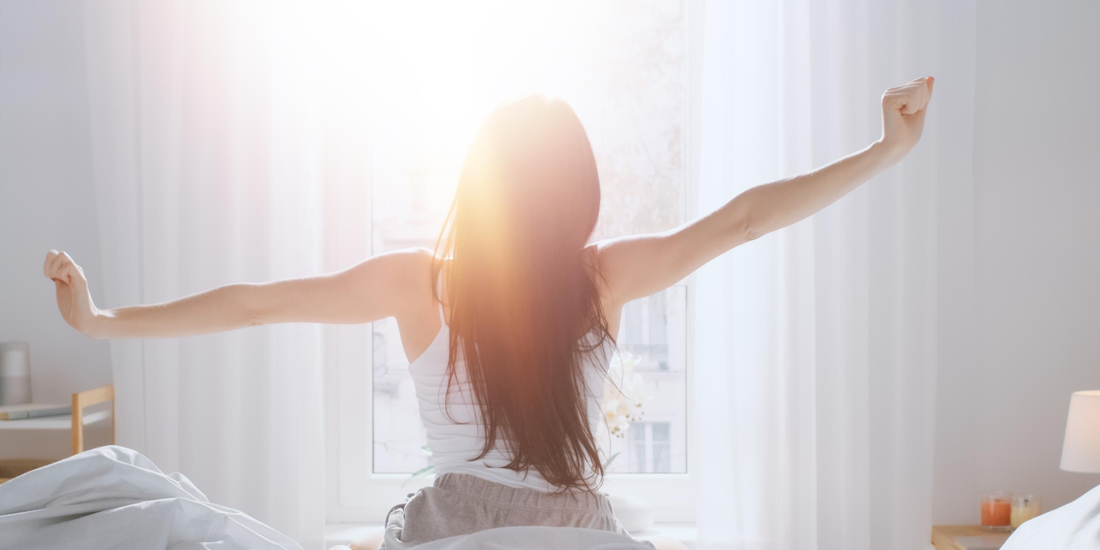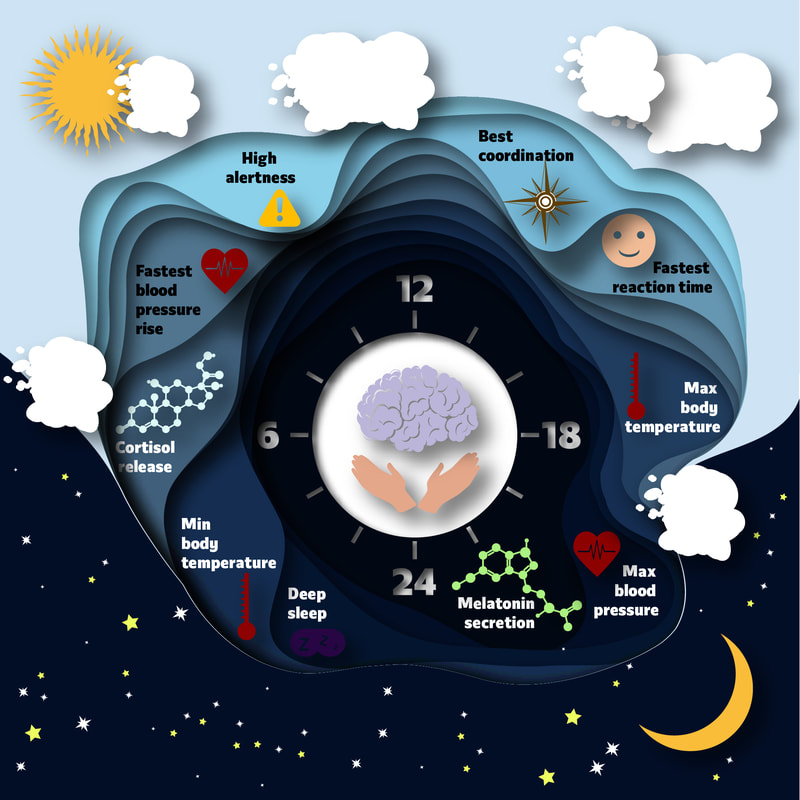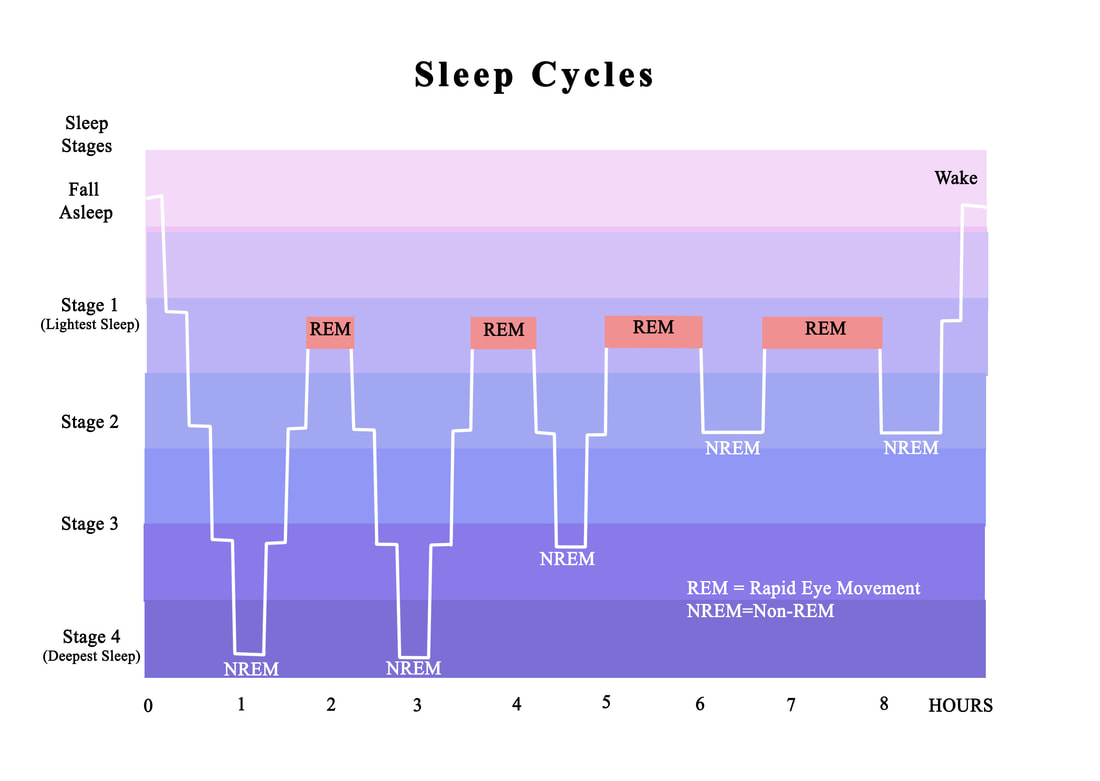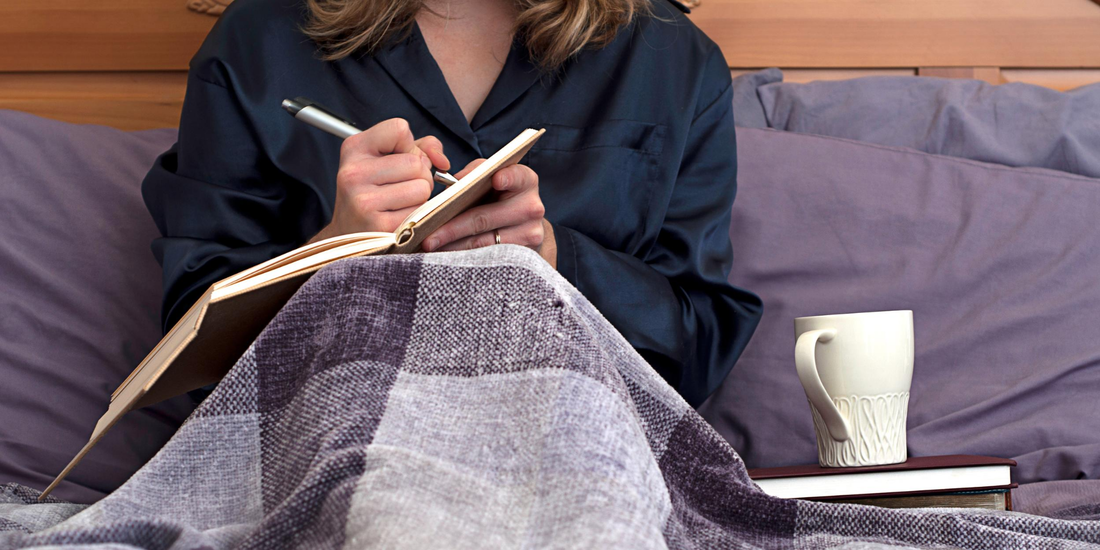|
Sleep- one of four biological needs (the others being: eating, drinking and mating). So important to our overall health that the Guinness World Records no longer recognizes this category because long term sleep deprivation has been shown on multiple occasions to pose serious and permanent health risks, both physically and mentally. Take for example the infamous sleep deprivation experiment in 1959 by New York DJ Peter Tripp. He locked himself in a glass booth located in Time Square and made it 201 hours (8.4 days) before falling asleep (the last 66 hours he required stimulants to remain awake). On day 3, Tripp was found laughing hysterically at nothing, and following that day, he continued to hallucinate, reporting mice and kittens running around the room. By the end of the experiment, Tripp was convinced that he was no longer himself, but an impostor. After the experiment ended, Tripp’s family reported permanent changes to Tripp’s personality, including moodiness and depression. Sleep has been shown to have a direct impact on overall health, lifespan, productivity, safety and ability to learn. Sleep is one of the top five reasons that patients visit a clinic for care every year and lack of sleep has been associated with an increased risk of type 2 diabetes, cardiovascular disease, Alzheimers disease, and even cancer. Along with being an integral part of the recovery and adaptive process between bouts of exercise, accumulating evidence suggests that increased sleep duration and improved sleep quality in athletes are associated with improved performance and competitive success. This week, we’re focused on sleep. Why? Because it’s something that everyone, especially athletes, tend to neglect when we get busy. We think that shortening our sleep by just one hour will help us get more done, and won’t really affect our health and/or performance. But will it? With COVID thrusting many athletes into an early off season, now is the PERFECT time to start working on finding YOUR perfect sleep routine. To convince you why this is so important, we’re going look at the physiology of sleep, but also the consequences of not getting enough quantity and quality sleep, how to get more (and better) sleep, what to do if your life isn’t set up for optimal sleep, and why prioritizing sleep is something you want to do right now to help your performance in the future!
|
AuthorTiana Rockwell is a certified nutritional therapist, avid endurance athlete and dark chocolate lover. She believes that by eating REAL food, we can balance our body and reach optimal health and wellness! Archives
May 2022
Categories
All
|







 RSS Feed
RSS Feed